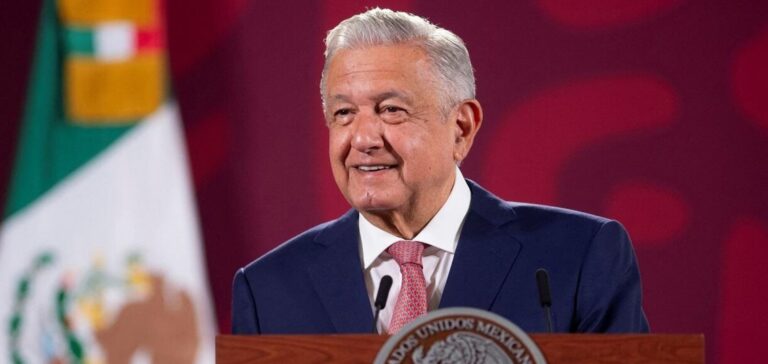Mexico Pacific plans to build a natural gas pipeline and liquefaction plant in the northern state of Sonora for an investment of up to $14 billion, Mexican President Andres Manuel Lopez Obrador and his office said Tuesday.
Mention on Twitter
Lopez Obrador first identified the company on Twitter as Pacific Limited, although his office later told Reuters that the company’s full name was Mexico Pacific Limited. A company representative did not immediately respond to a request for comment.
Mexican Foreign Minister Marcelo Ebrard had said earlier in the day that he had met with Mexico Pacific to discuss a “considerable investment in liquefied natural gas”. The company plans to ship “through the Pacific, as its primary market is in Asia,” Ebrard added. According to its website, Mexico Pacific is already building a 14.1 million ton per year liquefied natural gas (LNG) export terminal in Puerto Libertad, Sonora.
Connection of southern Mexico to the rail network
Lopez Obrador also said Tuesday that “cooperation agreements” had been reached with the recently merged rail operator, Canadian Pacific Kansas City (CPKC), regarding rail projects in southern Mexico. “The president would like to see (CPKC’s rail system) connect to the south of the country,” Ebrard said. CPKC’s network currently stretches from Canada and the United States to central Mexico, with stops on the country’s Pacific and Gulf coasts.





















